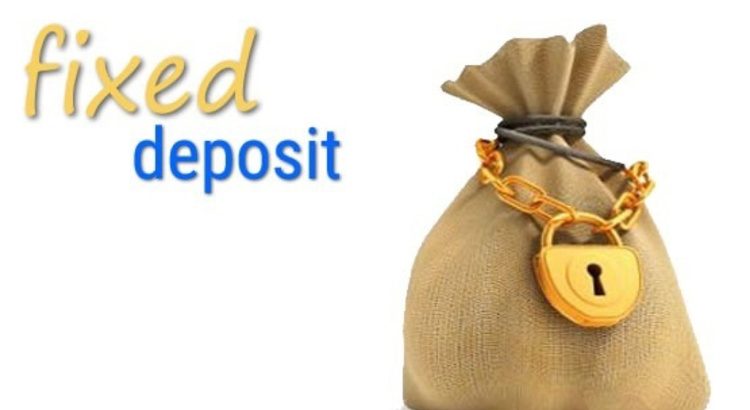
There is a section of investors in the market who are conservative and would not want to take risks while investing their hard-earned money. Financial experts also suggest that such investors should start small and get the taste of investments through options that offer good returns, save taxes, and have relatively lesser risks. Fixed Deposit is one of the oldest investment options and is the gateway for most of the newbie investors; Debt funds are catching up for their lucrative returns & professional financial management. Bonds are typically tax-free, and since the government bonds involve development projects, the risk-factor is next to none.
Fixed Deposits:
A fixed deposit, or most commonly FD, is an investment account that promises the customer a fixed interest rate for a specific period. In a fixed deposit investment, one can accrue interest at the very end of the investment period (maturity period). In case the investor withdraws the funds before the maturity period, the customer may not get the best FD interest rates and also attracts a penalty for the withdrawal.
Debt Funds:
Debt funds refer to a broader category of mutual funds. Unlike equity mutual fund schemes, debt mutual funds aim to deliver stable and low-risk returns that are usually better than fixed deposits. The reason that debt funds can do this is that they invest in instruments that provide a fixed rate of returns. While this rate of returns is usually quite low, risk-averse investors prefer this form of investment for their low-risk capabilities.
Bonds:
This is a fixed income instrument, issued for a fixed tenure, providing fixed returns. The interest earned from tax-free bonds is exempt from tax. Apart from being tax-free, bonds are secure, redeemable, and non-convertible. The tenure of tax-exempt bonds is pre-dominantly long term, and hence one should invest in them keeping intermittent goals in mind. Also, tax-free bonds may not be ideal for creating wealth to meet long-term goals, such as child education, marriage, or retirement. They help one to keep one’s tax liability, and hence, one needs to invest in them after evaluating the tax rate, tax liability, and long-term needs.
Let’s distinguish between Fixed Deposit, Debt funds, and Bonds and see how they help in short-term and long-term investments.
| Characteristics | Fixed Deposit | Debt Funds | Bonds |
| Duration of Deposit | 7 days – 10 years | No lock-in period | 3 years, 10 years |
| Risk factor | Banks & NBFCs provide an implicit guarantee | Debt funds invested in corporate funds are riskier than other debt funds | Government bonds carry less risk than other bonds |
| Returns | 6.5% average for 1 to 10 years | Dependent on multiple factors | 6.69% to 7.58%
|
| Taxation | Post-tax return – 4.47% for higher tax slab
Post-tax return – 5.15% for lowest tax slab
|
Tax is reduced after three years, approximately 20% | Tax is reduced after three years, approximately 20% |
| How to invest | By visiting bank or NBFC or checking online for best fd rates | By visiting the online website of debt funds | Should have a Demat account to open bonds for few bonds |
Which is best?
The best investment option will depend on the income’s slab, taxation, specific financial goals, and purposes. One has to analyze the preferences, ask experts, talk to multiple institutions to get his investment priorities right.
3,042 total views, 3 views today

